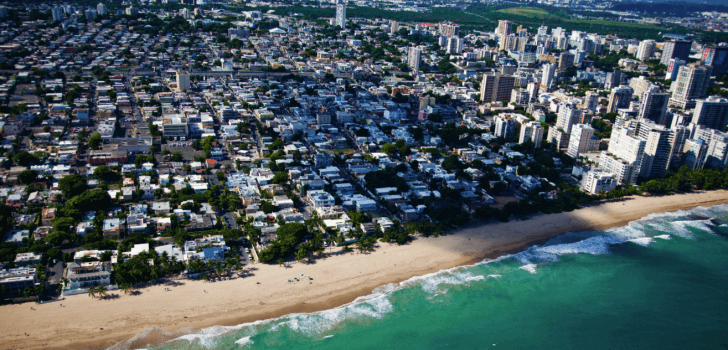Puerto Rico is in the midst of a $70 billion debt crisis that has resulted in four Congressional hearings this year. Still, it appears that the United States is reluctant to help its cash-strapped commonwealth.
On Tuesday, the governor of Puerto Rico Alejandro Garcia Padilla narrowly avoided defaulting on $354 million worth of bond payments. Padilla is soon set to appear before the Senate Judiciary Committee, which has the power to enact a bill that would enable some agencies in Puerto Rico to file for bankruptcy. However, the bill has stalled because it has no Republican supporters within the committee.
Most Republicans are expected to express criticism towards Puerto Rico at the hearing. This includes Republican Senator Chuck Grassley, who is the chairman of the Judiciary Committee. Lawmakers have scolded the island’s leaders for their accounting practices, and have said that any aid sent to Puerto Rico would be wasted if it doesn’t concern the heavy budget shortfalls. Without the support from Republicans, it would be impossible to enact a bill to help Puerto Rico.
Former Senate aide Brandon Barford said, “Grassley is likely to criticize the current Puerto Rico government for not doing enough in terms of austerity and not producing the audited financial statements. And Grassley is crucial to passing any legislation that would help Puerto Rico.”
Because of the lack of an agreement, the United States has remained largely on the sidelines amid the escalating fiscal crisis of Puerto Rico. The crisis is predominantly the result of many years of borrowing to pay bills while the island struggled to achieve economic growth. In June, Governor Padilla said that Puerto Rico cannot afford to repay what it owes, and the country might have to default on bonds that were guaranteed by the central government.
Many Democrats have been advocating for the right for Puerto Rico to file for bankruptcy. Some United States cities, such as Detroit, have already declared bankruptcy in recent years. However, this option is not available to Puerto Rico under the current law. Meanwhile, Republicans have said that Congress must precisely determine how much aid Puerto Rico needs before it allows a drastic measure such as bankruptcy to be taken.
Republican Senator Orrin Hatch said in a statement, “Right now, too many people are willing to throw out demands and vague proposals, with a price tag as high as thirty to forty billion dollars, accompanied by a lot of political rhetoric. That’s precisely what we do not need.”
Additionally, Grassley believes that the declaration of bankruptcy alone wouldn’t be enough to solve the financial issues of Puerto Rico.
Grassley said, “Restructuring debt and throwing taxpayer money at the island, without ensuring the creation and implementation of structural and fiscal reform, fails to resolve the underlying problems in Puerto Rico.”
Grassley has expressed support of the idea of placing Puerto Rico under the authority of a federal control board. Such a group would be able to resist the local political pressure that leaders of Puerto Rico face when proposing tax increases or spending cuts. However, while this might help Puerto Rico make better spending decisions in the long run, it would do little to help the short term situation.
Resident fellow at the American Enterprise Institute Desmond Lachman said, “There is a lot of support for the idea of a control board. But without bankruptcy provisions you’re not going to avoid a complete mess with the creditors.”
Still, most political analysts don’t expect anything noteworthy to be accomplished anytime soon. But right now, the leading idea appears to be a hybrid of a bankruptcy filing and the establishment of a federal control board.
Even though Puerto Rico barely avoided going into default, the troubling financial situation is still looming large.
Stay Connected